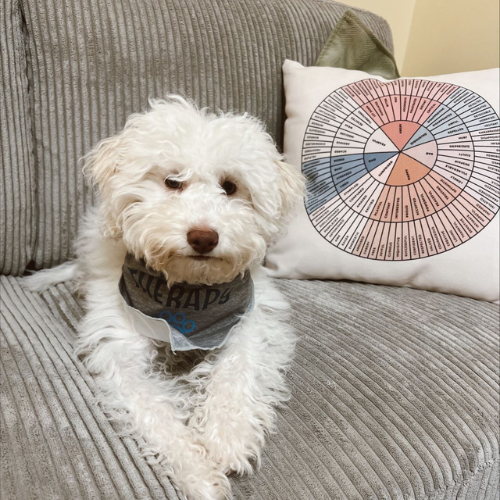It can feel intimidating to help someone who is struggling with food, especially if they are hesitant to get help. Here at Magnolia Creek, we know that eating disorders are overwhelming not just for those with the illness, but also for their worried loved ones. In this article, we will talk you through how to help someone who is reluctant to treat an eating disorder.
Why Are People Reluctant to Start Eating Disorder Treatment?
First, it may help to understand why someone may be reluctant to get help. Some common reasons that people are hesitant to pursue treatment include:
- Fear of the unknown. They may have no idea what to expect while at a treatment facility or how long they will be there.
- Believing they “aren’t sick enough.” They may believe that their eating disorder “isn’t bad enough” or may not be able to admit that they have a problem with food.
- Financial concerns. Your loved one may be concerned about the expenses associated with treatment.
- Concerns about other responsibilities while away. They may have kids to care for, jobs that need to be put on hold, or have to drop out of classes to go to treatment.
- Fear of recovery. They know that treatment means confronting their eating and body image issues head-on, which can feel terrifying for those suffering from these illnesses.
How to Help Your Loved One
While it may feel disheartening when your loved one says that they don’t want treatment, there are still some ways to help them.
Encourage them to see a doctor
Eating disorders can cause some serious, life-threatening health problems. Even if your loved one isn’t ready for treatment, this will allow the opportunity to address any health complications that are a result of their eating patterns.
Have a conversation about your concerns — just not during meals
Share your concerns about how their behavior is impacting them. These can be sensitive conversations, but try to state your concerns calmly. Staying focused on what they can gain from recovery can be helpful. And, importantly, do not have these talks before or during meals. Eating is hard enough for your loved one without the added stress of challenging conversations.
Offer to help with some of the practical aspects of treatment
There are several practical ways you can support someone who needs help. Offer to watch the kids, walk their dogs, or house-sit while they’re away. Offer to sit with them as they call admissions at a treatment facility to learn more about the admissions process. If you’re able, consider chipping in for gas, hotels, or other expenses associated with going to treatment.
Be their friend
It’s important that your loved one has experiences that don’t revolve around their eating disorder. Make plans; do fun things. Remind your loved one that they are not their eating disorder, and help them see how much more fulfilling life can be without their disorder.
Share meals with them
Offer to come over and eat meals with your loved one. Encourage them to have a snack when you’re together. Maybe even consider using a video chat app to provide support during meals. The whole conversation doesn’t (and shouldn’t) be about their disorder. This helps them to have support during the hardest parts of their day and can provide some much-needed distraction from their food.
Eating Disorder Resources
You don’t have to battle an eating disorder alone. There are several resources available to people who are battling with food. An eating disorder support group may be helpful in processing their experience with other people who are experiencing a similar struggle. Some groups even provide meal support to help you process the difficult thoughts that may arise while you eat. These can be incredibly beneficial in someone’s recovery but are not a replacement for therapy.
Magnolia Creek is dually licensed to treat eating disorders and a multitude of co-occurring disorders. We tailor our treatment plans to individual needs and goals while empowering every client in our care to embrace recovery with resilience and independence.


































































